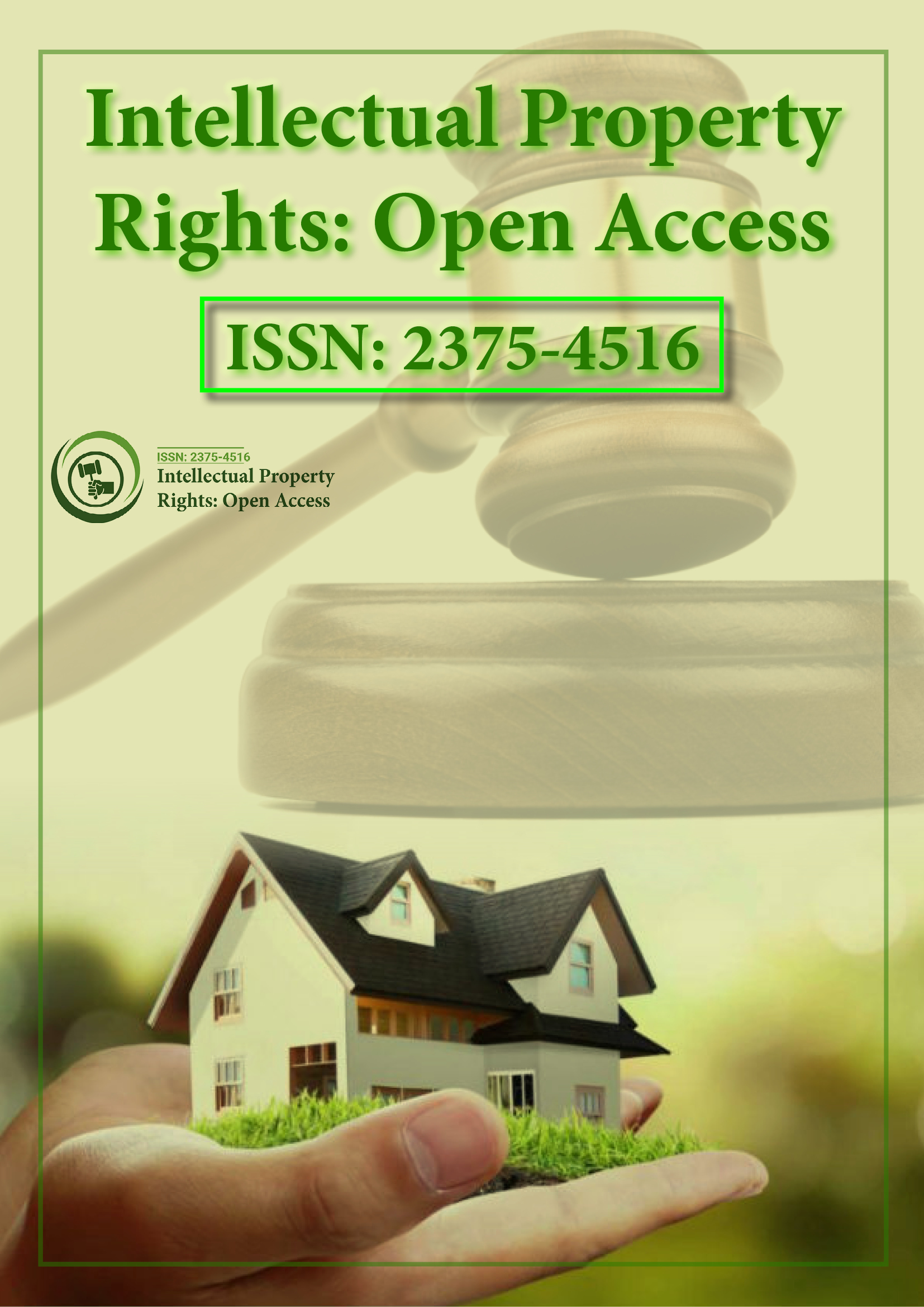indexado en
- Abrir puerta J
- Búsqueda de referencia
- Universidad Hamdard
- EBSCO AZ
- OCLC-WorldCat
- Catálogo en línea SWB
- Publón
Enlaces útiles
Comparte esta página
Folleto de diario

Revistas de acceso abierto
- Administración de Empresas
- Agricultura y Acuicultura
- Alimentación y Nutrición
- Bioinformática y Biología de Sistemas
- Bioquímica
- Ciencia de los Materiales
- Ciencia general
- Ciencias Ambientales
- Ciencias Clínicas
- Ciencias farmacéuticas
- Ciencias Médicas
- Ciencias Veterinarias
- Enfermería y Cuidado de la Salud
- Genética y Biología Molecular
- Ingeniería
- Inmunología y Microbiología
- Neurociencia y Psicología
- Química
Abstracto
La movilidad como derecho humano básico: una comprensión situacional de la movilidad entre las personas con discapacidad física en el distrito rural de Talensi, Ghana
Lawrence Opoku Agyeman*
La movilidad es un requisito para acceder al desarrollo social, económico, cultural y político. Los obstáculos a la movilidad en las ciudades han sido bien documentados, dejando a las áreas rurales con pocos estudios sobre los desafíos críticos relacionados con el movimiento tanto en el entorno natural como en el construido. Este estudio luego buscó llenar este vacío. Se utilizó el método de bola de nieve para seleccionar a 75 personas con discapacidades físicas en el distrito para una encuesta de hogares. Se llevaron a cabo entrevistas cara a cara con la asociación de personas con discapacidades físicas y los funcionarios del departamento de bienestar social para proporcionar más información sobre los hallazgos. Los datos recopilados se codificaron, categorizaron y analizaron para identificar patrones para crear una comprensión de las barreras de movilidad entre las personas con discapacidades físicas. Las características topográficas del distrito, que consisten en piedras, rocas, valles, colinas y pendientes, han hecho que la maniobrabilidad sea extremadamente difícil para las personas con discapacidad. El entorno construido, como entradas pequeñas y caminos en mal estado, y rampas altas han creado barreras de movilidad para las personas con discapacidad. La presencia de escaleras nativas y puertas más pequeñas obligaron a las personas con discapacidad a estacionar sus sillas de ruedas fuera de sus hogares. La falta de aceras pone a las personas discapacitadas en un alto riesgo de sufrir accidentes, ya que ambas comparten la misma vía con los vehículos. El estudio recomendó que las viviendas y las carreteras rurales se diseñen y construyan de manera que tengan en cuenta las necesidades de las personas con discapacidad.